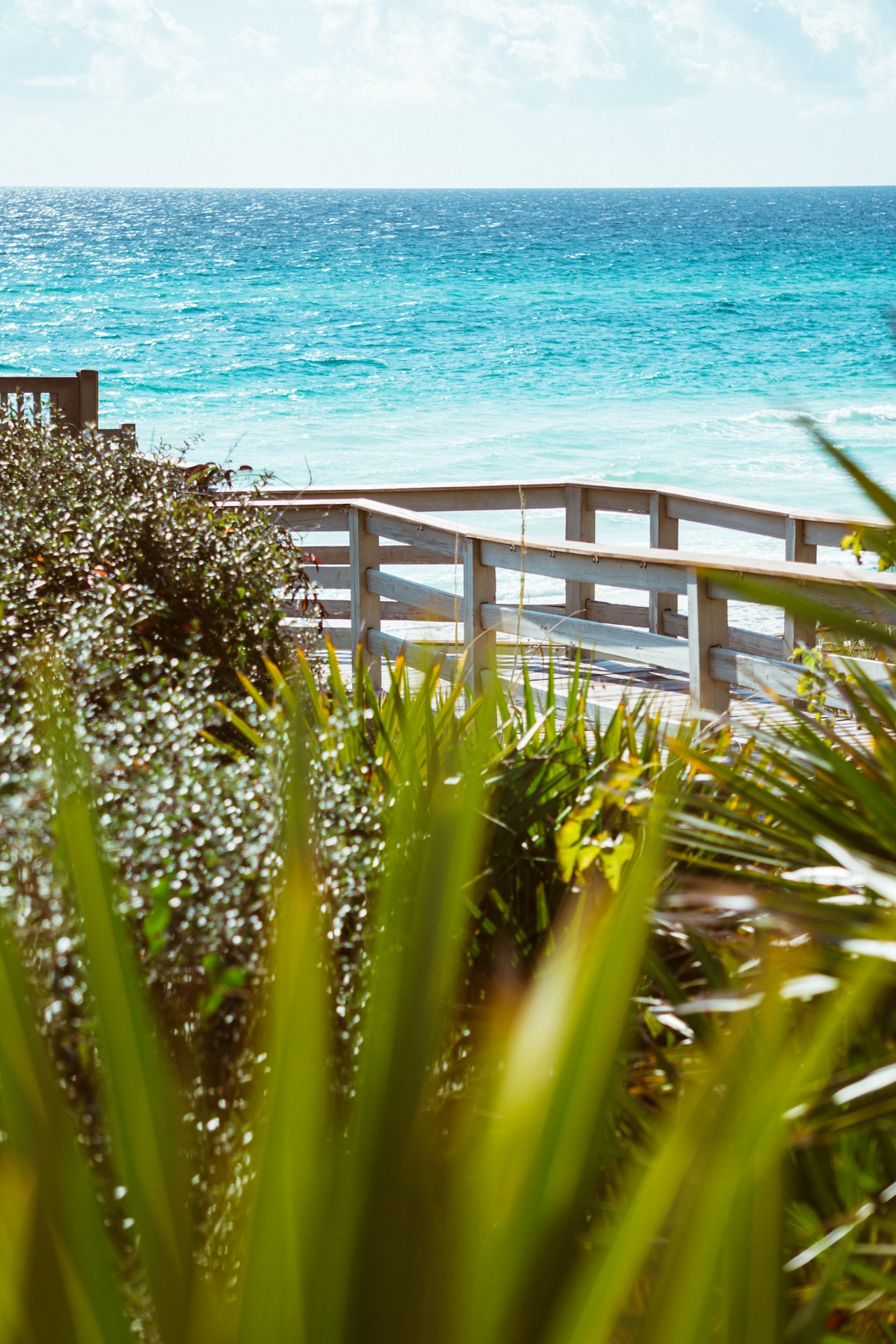Nestled in the heart of Walton County, Freeport, Florida, is a hidden gem with a rich and fascinating history. As a top-producing real estate agent, I am dedicated to helping my clients, and I'm excited to share with you the captivating story of this beautiful city. In this blog post, we will dive into the origins of Freeport, explore its past, and discover how it has grown and developed over the years.
Early Beginnings:
Freeport's history can be traced back to the early 1800s when settlers began to establish themselves in the region. The area was initially known as "Four Mile Landing," named after its distance from the Gulf of Mexico. This strategic location made it a prime spot for settlers to establish a port, as it was easily accessible by both land and water.
In the mid-19th century, the town was renamed Freeport, as the local bay was known to be a "free port" for ships seeking refuge from storms. The lumber industry, which was prominent in the region at the time, played a significant role in Freeport's growth. Many of the early settlers were lumbermen who relied on the nearby forests for their livelihood. The abundance of longleaf pines and cypress trees in the area provided valuable resources for lumber production.
The Railroad Era:
In the late 19th and early 20th centuries, the railroad transformed Freeport's landscape, connecting it to other cities and towns throughout Florida. The arrival of the Pensacola & Atlantic Railroad in the 1880s opened up new opportunities for trade, as goods could now be transported more easily and efficiently. This railroad connection led to a surge in population and economic growth for Freeport.
The Great Depression and World War II:
Like many other towns across the United States, Freeport faced hardships during the Great Depression. The economic downturn caused a decline in the lumber industry, which had been the backbone of the local economy. However, the community remained resilient and resourceful, adapting to new industries such as fishing, farming, and tourism.
World War II brought new opportunities to the area, as the U.S. military established Eglin Air Force Base just north of Freeport. This development led to an influx of military personnel and their families, helping to revive the local economy.
Modern-Day Freeport:
Today, Freeport is a thriving community that has successfully preserved its history while embracing the modern world. The city boasts a diverse economy, featuring industries such as tourism, manufacturing, and agriculture. With its picturesque surroundings, outdoor recreational activities, and friendly community, Freeport continues to be an attractive place for both residents and visitors alike.
Leveraging AI to Uncover Freeport's History:
In researching and crafting this article, I utilized a cutting-edge AI language model to assist me in gathering information and presenting it in an engaging and informative manner. As a top-producing real estate agent, I am committed to leveraging the latest technology to provide my clients with the best possible service. By embracing innovative tools like AI, I am able to deliver valuable insights and a unique perspective on Freeport's history and the local real estate market.
In conclusion, Freeport's rich history is a testament to the resilience and adaptability of its residents. From its early beginnings as a humble port to its growth through the railroad era and its transformation into a modern, thriving city, Freeport remains a captivating place to live and explore. By leveraging the power of AI, I'm proud to bring you a glimpse into the past and share the story of this remarkable city.




